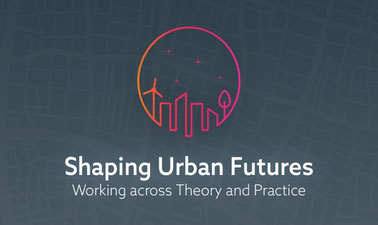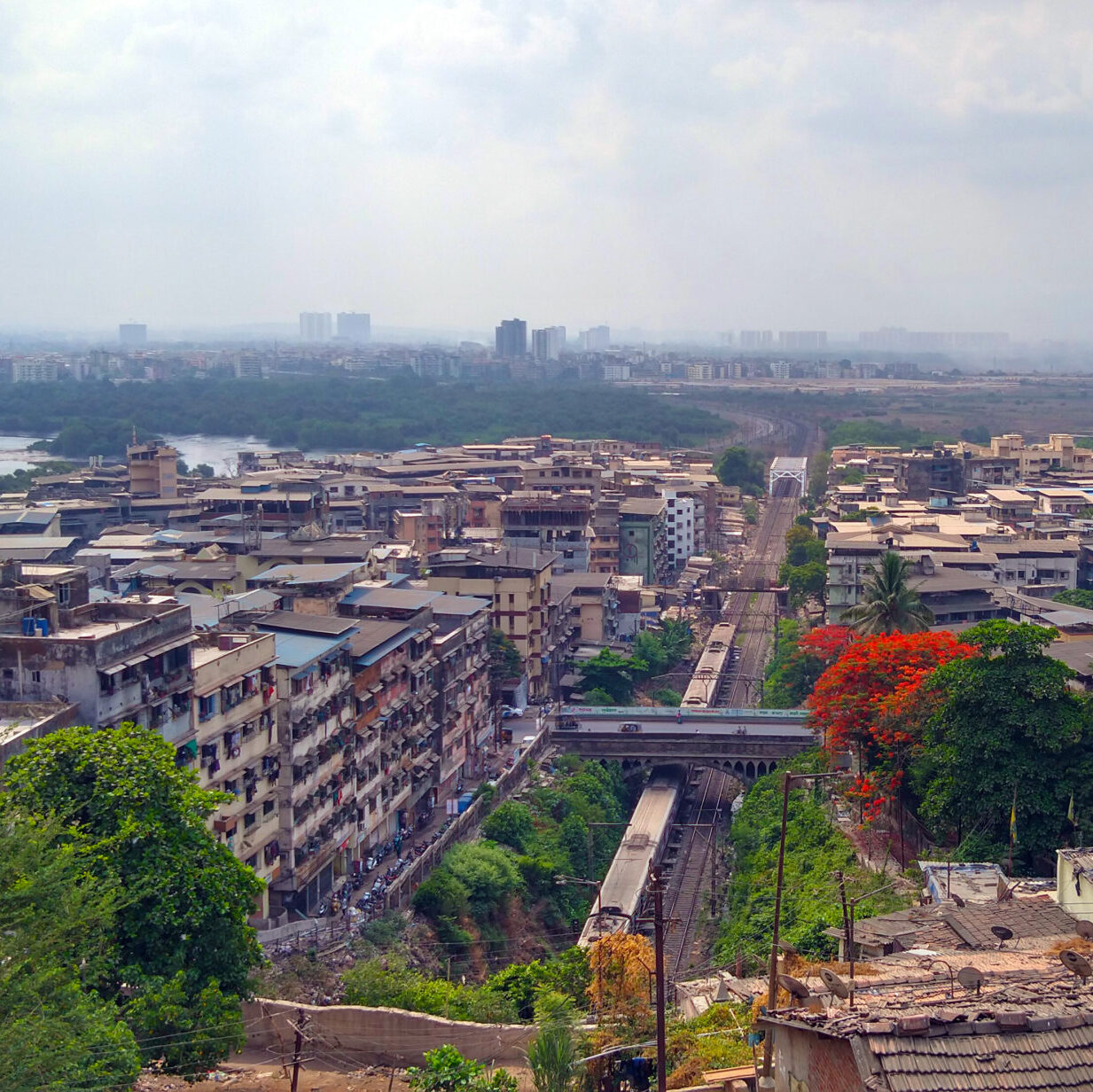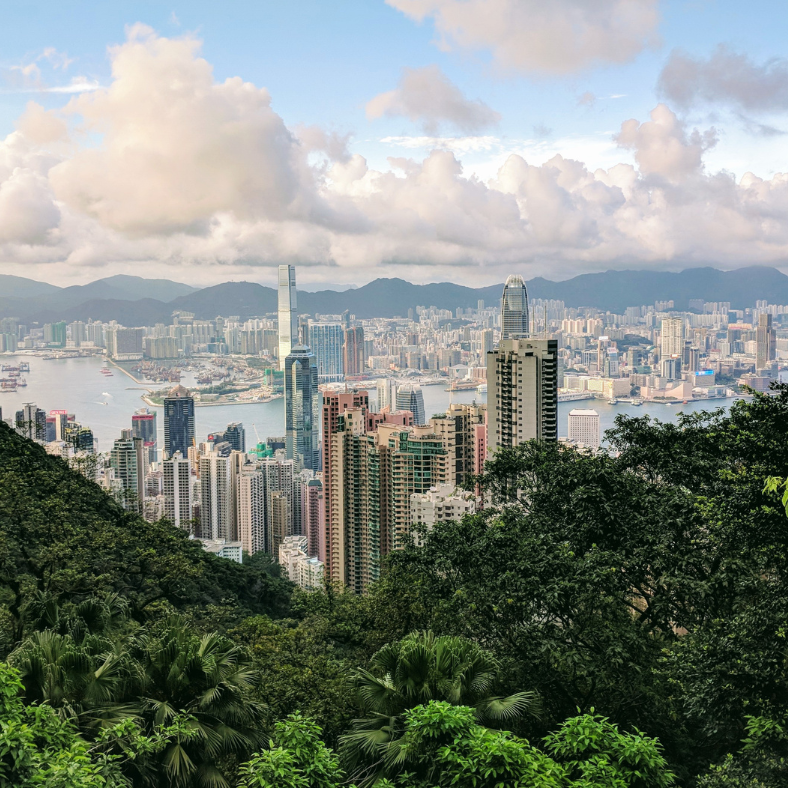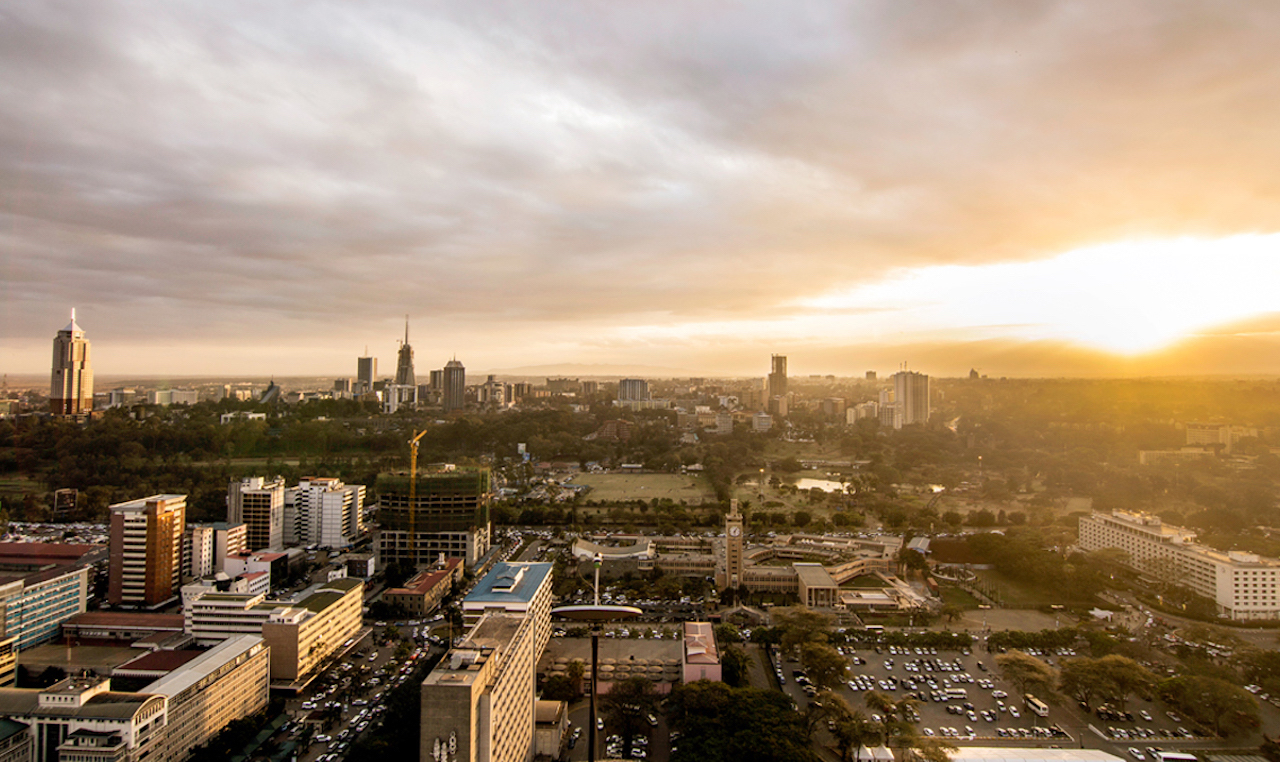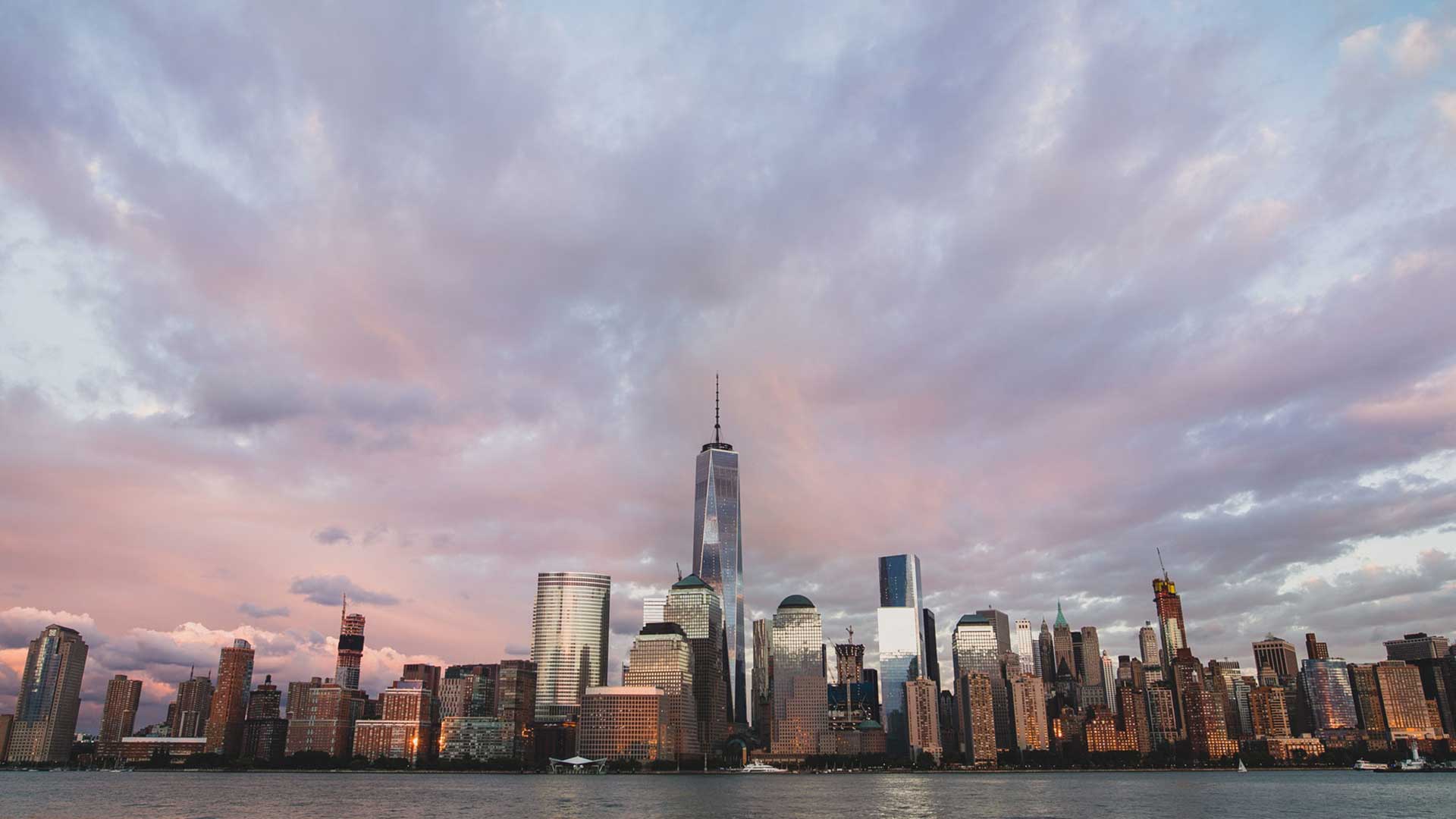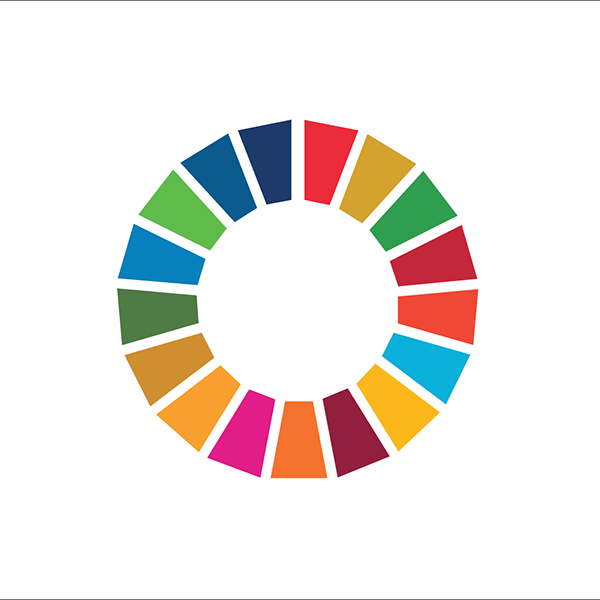If we are to make sense of the future of humanity, we must understand the future of the city. For some scholars the 21st-century globe will see the most significant change in human history - the move of most of the world to live in cities - a planetary urbanism that has changed the way we live globally, the way we organise ourselves economically, and the impact humanity has on our environment in an age that we consequently now describe as the Anthropocene.
Most of the urban growth on the planet will be in the global South and this is where we concentrate the attention of this course, drawing on the work of a five-year programme known as PEAK Urban, involving a collaboration of researchers from China, Colombia, India, South Africa, and the United Kingdom.
The PEAK Urban programme aims to aid decision-making on urban futures by:
- Generating new research grounded in the logic of urban complexity
- Fostering the next generation of leaders that draw on different perspectives and backgrounds to address the greatest urban challenges of the 21st century
- Growing the capacity of cities to understand and plan their own future
Shaping Urban Futures aims to demonstrate how complementary research projects have applied the PEAK Urban framework – Prediction, Emergence, Adoption, and Knowledge – to uncover interrelated issues of health, climate change, migration, and informality in places that will face the biggest challenges from rapid unplanned urbanisation.
